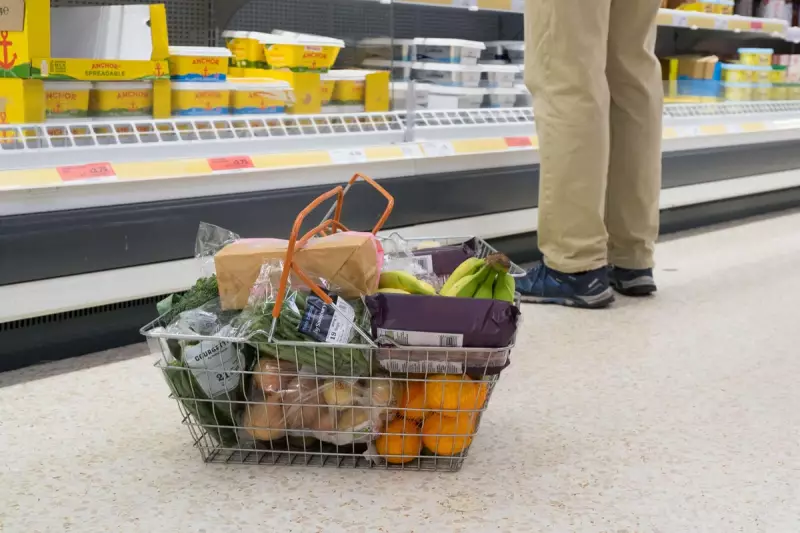
In a dramatic and unexpected turn for the UK economy, the rate of inflation plummeted to 2.3% in the year to April, its lowest point in nearly three years. The sharp decline, revealed by the Office for National Statistics (ONS), brings the Consumer Prices Index (CPI) tantalisingly close to the Bank of England's 2% target.
The fall from March's 3.2% rate was largely driven by a significant drop in the energy price cap set by regulator Ofgem, which led to the cheapest annual gas and electricity bills in two years. This provided substantial relief for households still grappling with the high cost of living.
Core Inflation and Services Pose a Sticky Challenge
However, the picture isn't entirely clear-cut for the Bank's Monetary Policy Committee (MPC). While headline inflation fell, the closely watched core inflation—which strips out volatile food and energy prices—also dropped, but remains stubbornly higher at 3.9%.
Furthermore, services sector inflation, a key indicator of domestic price pressures and wage growth, only eased slightly to 5.9% from 6.0%. This 'stickiness' will be a primary concern for policymakers debating when to cut the base interest rate from its current 16-year high of 5.25%.
The Road to a Summer Interest Rate Cut
This significant drop in inflation is the strongest signal yet that the Bank of England could begin cutting interest rates as early as this summer. Many economists and markets are now pricing in a potential rate cut at the MPC's August meeting, if not June.
Grant Fitzner, chief economist at the ONS, noted: "There was another large fall in annual inflation led by lower electricity and gas prices, due to the reduction in the Ofgem energy price cap." He also highlighted that tobacco prices were a significant upward driver due to recent tax hikes.
What This Means for Your Wallet
For the average Briton, this news offers a beacon of hope:
- Mortgages: Borrowers on variable rates or coming off fixed deals could see lower repayment costs later this year.
- Savings: While the return on savings may decrease, the real value of your money is now being eroded at a much slower pace.
- Weekly Shop: Although food price inflation has cooled dramatically, prices remain high compared to pre-pandemic levels.
Chancellor Jeremy Hunt welcomed the figures but acknowledged the ongoing battle, stating: "This is proof that the plan is working and that the difficult decisions we have taken are paying off." Conversely, Shadow Chancellor Rachel Reeves argued that "prices are still high" and that millions of families continue to feel worse off.
All eyes will now be on the Bank of England's next move as it walks the tightrope between supporting the economy and ensuring inflation is truly defeated.





